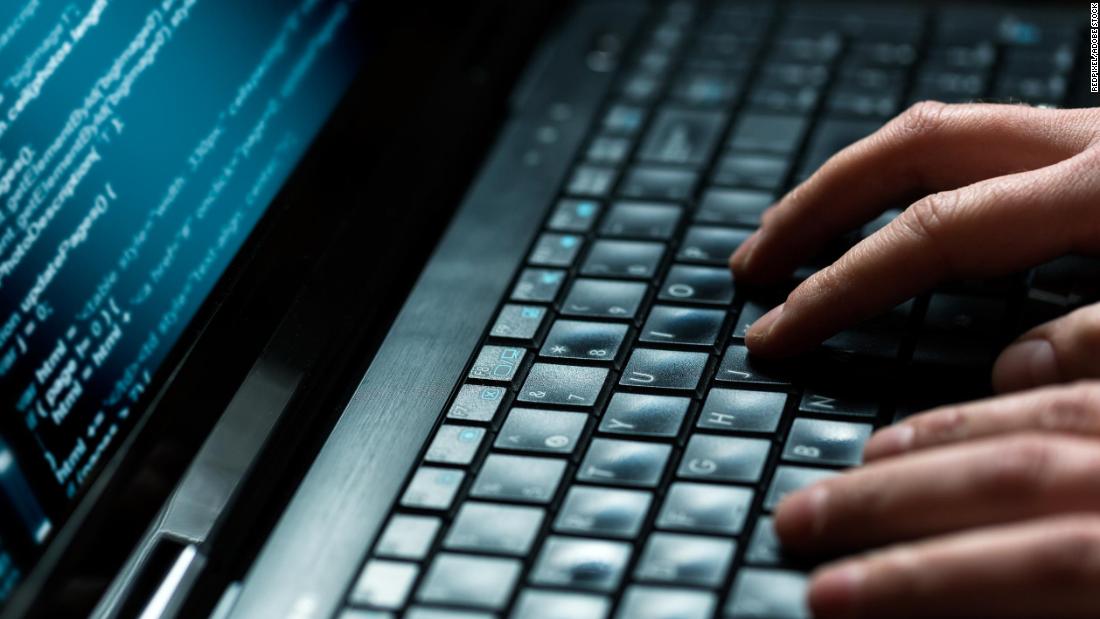6 internet habits that can compromise your cybersecurity – The European Sting – Critical News & Insights on European Politics, Economy, Foreign Affairs, Business & Technology

This article is brought to you thanks to the collaboration of The European Sting with the World Economic Forum.
Author: Check Point
- The internet has become an essential part of our lives, but it also comes with risks.
- We need to be aware of the bad habits that we continue to maintain and that can affect our digital security.
- These include using weak passwords, clicking on links in emails from unknown senders, and not keeping our software up to date.
- By being more careful online, we can help to protect ourselves from cybercrime.
Nowadays we cannot live without the Internet, a basic resource among the new generations. Remember looking for information in an encyclopedia or going to a travel agency to buy a plane ticket or make a hotel reservation? It seems like ages ago, but the truth is that the network of networks has changed the way we do many tasks and has opened the doors to new possibilities that allow us, for example, to work from anywhere or make a bank transfer from our phone in just one click.
Unfortunately, this relentless evolution is also present in the multiple threats posed by cybercriminals. We have moved on from viruses distributed on floppy disks and Morris, the first worm to infect the Internet in 1988, to the emergence of Trojans, spyware and ransomware, the main protagonists of today’s cybercrime scene. According to the Security Report 2023 from Check Point® Software Technologies Ltd. (NASDAQ: CHKP), a leading global cyber security specialist provider, cyberattacks have increased by 38% in 2022 compared to the previous year, with an average of 1,168 attacks per week per organization and a situation that looks set to continue to worsen over the coming years.
Discover
What is the World Economic Forum doing on cybersecurity?
The World Economic Forum Centre for Cybersecurity drives global action to address systemic cybersecurity challenges. It is an independent and impartial platform fostering collaboration on cybersecurity in the public and private sectors. Here are some examples of the impact delivered by the centre:
Cybersecurity training: Salesforce, Fortinet, and the Global Cyber Alliance, in collaboration…



